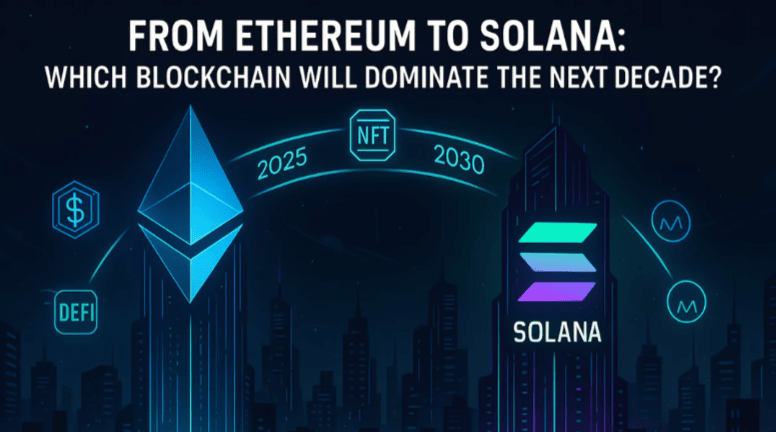
Over the past decade, blockchain technology has evolved from a niche experiment into a disruptive force reshaping industries from finance to entertainment. At the heart of this revolution are smart contract blockchains, the programmable ledgers powering decentralized finance (DeFi), non-fungible tokens (NFTs), decentralized autonomous organizations (DAOs), and more.
Among the many contenders, Ethereum and Solana stand out as two leading Layer 1 blockchains vying for dominance. Ethereum, the pioneer, introduced the world to smart contracts. Solana, the challenger, is redefining speed and scalability. But which of these giants will lead the charge over the next ten years?
The answer goes beyond just speed or transaction fees—it’s about ecosystems, infrastructure, resilience, and vision. Let’s dive into the battle for blockchain dominance.
The Current Landscape of Smart Contract Blockchains
What Are Smart Contract Blockchains?
Smart contract blockchains are programmable networks that allow developers to build decentralized applications (dApps) without relying on traditional servers. These networks play a foundational role in:
DeFi: Enabling permissionless lending, borrowing, and trading
NFTs: Powering unique digital assets and collectibles
Gaming & Metaverse: Supporting in-game economies and digital ownership
DAOs: Enabling decentralized governance structures
Web3: Forming the infrastructure for a user-owned internet
Ethereum: The Pioneer
Launched in 2015 by Vitalik Buterin and others, Ethereum introduced smart contracts and became the launchpad for DeFi and NFTs.
Introduced standards like ERC-20 (tokens) and ERC-721 (NFTs)
Hosts giants like Uniswap, Aave, MakerDAO, and OpenSea
Ethereum's flexibility and first-mover advantage have helped it build a vast developer and user ecosystem
Solana: The Challenger
Founded in 2020 by Anatoly Yakovenko, Solana was designed for scale.
Introduced Proof of History (PoH) for ultra-fast block times
Can process thousands of transactions per second with low fees
Gained traction in NFT ($0.00) marketplaces (Magic Eden) and consumer crypto apps
Ethereum vs. Solana Technical Comparison
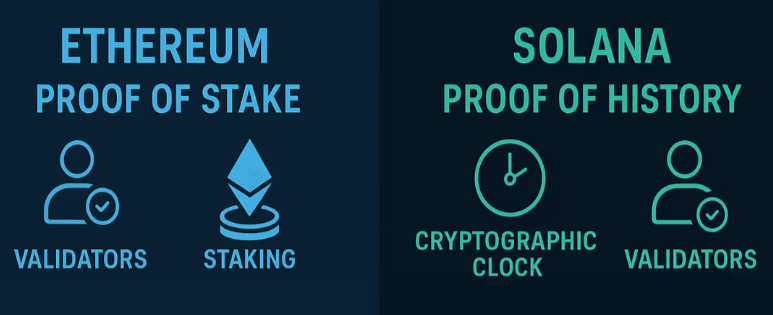
Consensus Mechanisms
Blockchain | Consensus Model | Description | Pros | Cons |
Ethereum | Proof of Stake (PoS) | Validators secure the network by staking ETH ($3,929.78) | Energy-efficient, decentralized security | Slower than Solana, relies on L2s |
Solana | PoH + Proof of Stake hybrid | Time-based cryptographic clock + PoS validators | Fast throughput, high scalability | More centralized validator structure |
Transaction Speed and Scalability
Metric | Ethereum (Post-Merge) | Solana |
Transactions/sec | 30 TPS (base layer) | 2,000+ TPS (theoretical) |
Block time | 12 seconds | 400 milliseconds |
Finality | 6 minutes | 2–5 seconds |
Scaling Method | Layer 2s (Rollups) | Native chain speed |
Cost of Transactions
Ethereum: Gas fees range from $0.50 to $50+, depending on network congestion.
Solana: Average transaction fees are typically < $0.01, making it attractive for microtransactions and casual users.
Impact: Lower fees on Solana foster experimentation and broader adoption, especially among new users and developers.
Ecosystem Growth & Developer Adoption
Total Value Locked (TVL) in DeFi
Blockchain | Total TVL (2025 Est.) | Top Protocols |
Ethereum | $40B+ | Uniswap, Aave, MakerDAO |
Solana | $3B | Jupiter, Marinade, Kamino |
Developer Activity
Ethereum:
5,000+ active monthly developers
Extensive GitHub activity, frequent EIPs
Strong support from the Ethereum Foundation and Gitcoin grants
Solana:
1,000–1,500 active monthly developers
High activity from Solana Labs and Jump Crypto
Ecosystem funds like Solana Ventures boosting growth
NFT Ecosystem
Metric | Ethereum | Solana |
Leading Marketplaces | OpenSea, Blur | Magic Eden, Tensor |
Top Collections | CryptoPunks, BAYC | Mad Lads, SMBs |
Innovation | ERC-721, ERC-1155, on-chain metadata | Compressed NFTs, low-cost minting |
Security, Stability & Outages
Ethereum’s Battle-Tested Reliability
Has weathered major hacks (DAO 2016), forks, and congestion events
Uptime and protocol stability are unmatched
Community resilience is a major strength
Solana’s History of Network Outages
Multiple high-profile outages:
Sept 2021: 17-hour outage due to bot activity
Feb 2023: 18-hour halt caused by consensus bug
Steps taken:
Upgrades to validator clients
Firedancer initiative by Jump Crypto for an independent client
Smart Contract Security
Ethereum: Strong audit culture; tools like Certik, OpenZeppelin
Solana: Growing auditing standards but still maturing
Community, Governance, and Philosophy
Ethereum’s Decentralized Ethos
Driven by Vitalik’s vision of censorship resistance and decentralization
Governance through EIPs and community voting
Emphasis on neutrality and long-term utility
Solana’s Fast-Paced Innovation
Embraces Web2-like UX with Web3 infrastructure
More centralized development model via Solana Labs and Foundation
Optimized for consumer use cases and mainstream apps
Institutional Support and Partnerships
Ethereum’s Institutional Momentum
Backed by giants: BlackRock, Visa, JPMorgan
Early pilots for CBDCs and tokenized assets
ETH ETF approvals pending in multiple regions
Solana’s Big Partnerships
Visa: USDC ($1.00) settlement on Solana
Shopify: On-chain payments integration
Saga Mobile: Crypto-native Android phone
Migrating projects from other chains (e.g., Helium, Render)
Future Roadmaps and Upgrades
Ethereum’s Path Ahead
Proto-Danksharding (EIP-4844): Reduces rollup fees
Danksharding: Modular chain scaling
Stateless clients: Optimize validator performance
Preparing for quantum resistance and global scale
Solana’s Roadmap
Firedancer: Alternate validator client (1M+ TPS goal)
Fee Markets: Introduce prioritization for scalability
Compression Tech: Reduce on-chain storage costs
Mobile-first onboarding via Saga and Solana Mobile Stack
The Investment Perspective
ETH vs SOL ($194.07) Price Performance
Metric | Ethereum (ETH) | Solana (SOL) |
All-time High | $4,878 (2021) | $260 (2021) |
Current Price (2025 est.) | $3,500 | $140 |
Market Cap | $420B | $65B |
Tokenomics and Supply Models
Ethereum:
EIP-1559 burns a portion of fees
Post-Merge: net deflationary
Solana:
Fixed inflationary model (1.5% annually)
Significant early investor allocation (vesting schedule)
Venture Capital and Ecosystem Funding
Ethereum: Boosted by ConsenSys, Paradigm, a16z
Solana: Strong support from Multicoin, Jump, and Solana Ventures
Challenges and Risks Ahead
Ethereum’s Challenges
High gas fees if L2s aren't widely adopted
EVM competitors (Arbitrum, Avalanche, zkSync)
Slower core upgrades due to decentralized governance
Solana’s Challenges
Network instability concerns
More centralized validator set
Regulatory overhang on token sales and VC involvement
Ecosystem fragmentation and occasional developer churn
Conclusion: Who Will Dominate the Next Decade?
Ethereum and Solana both offer compelling visions for the future of decentralized technology. Ethereum’s resilience, developer base, and security make it a powerhouse for mission-critical dApps. Solana’s scalability, speed, and innovation cater to the next billion users seeking smoother crypto experiences.
However, this isn’t a zero-sum game. The next decade may not crown a single winner—instead, a multi-chain future is likely, with cross-chain protocols like Wormhole and LayerZero bridging ecosystems.
Disclaimer: This is a Press release content; the information in this article should not be considered financial advice. BitRss.com articles are intended only to provide general information. BitRss.com are not related in any way, to the contents of this Article. Please consult with a financial advisor before making any investment decisions.









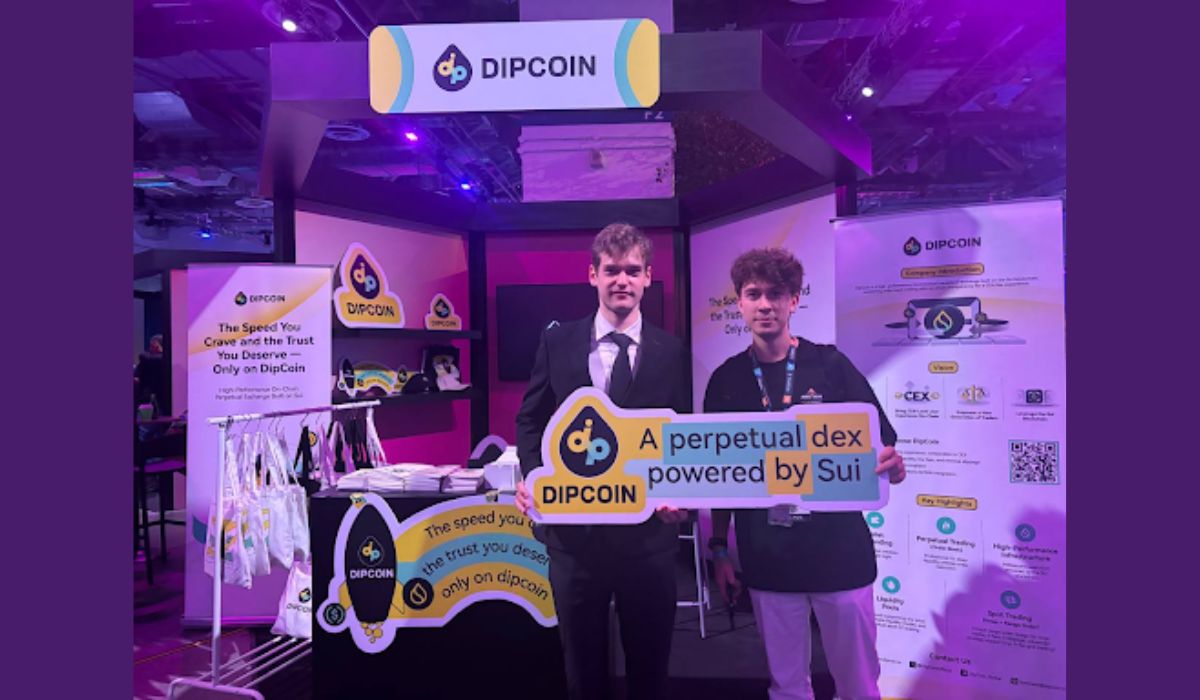
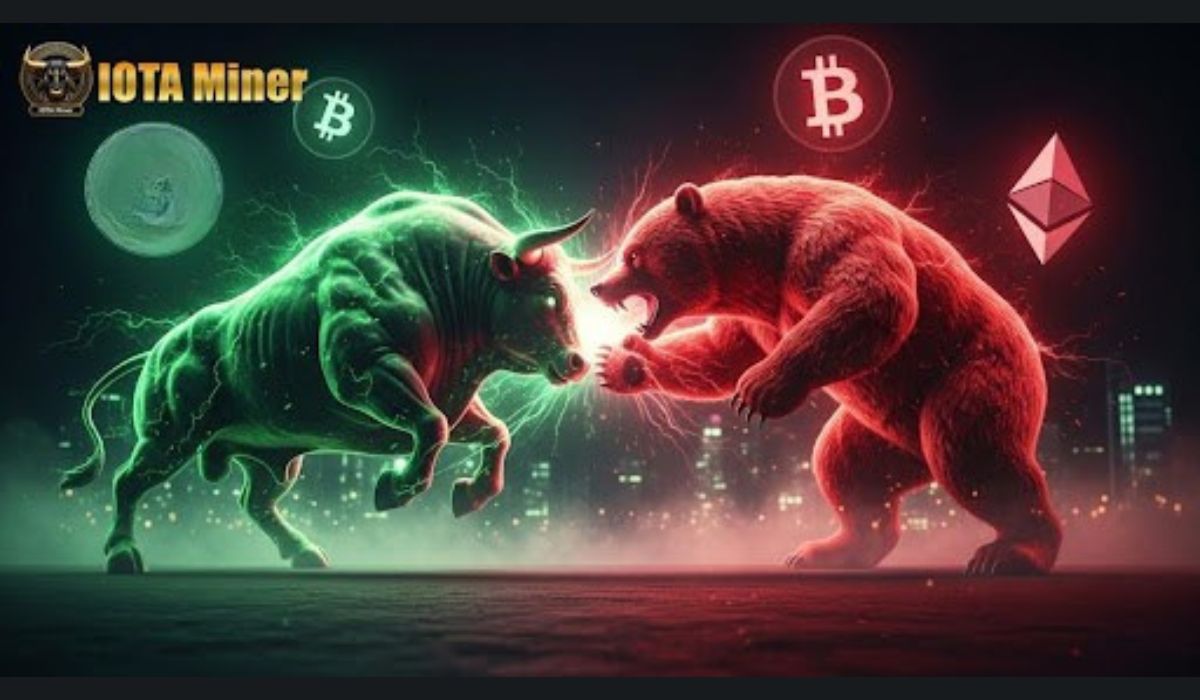



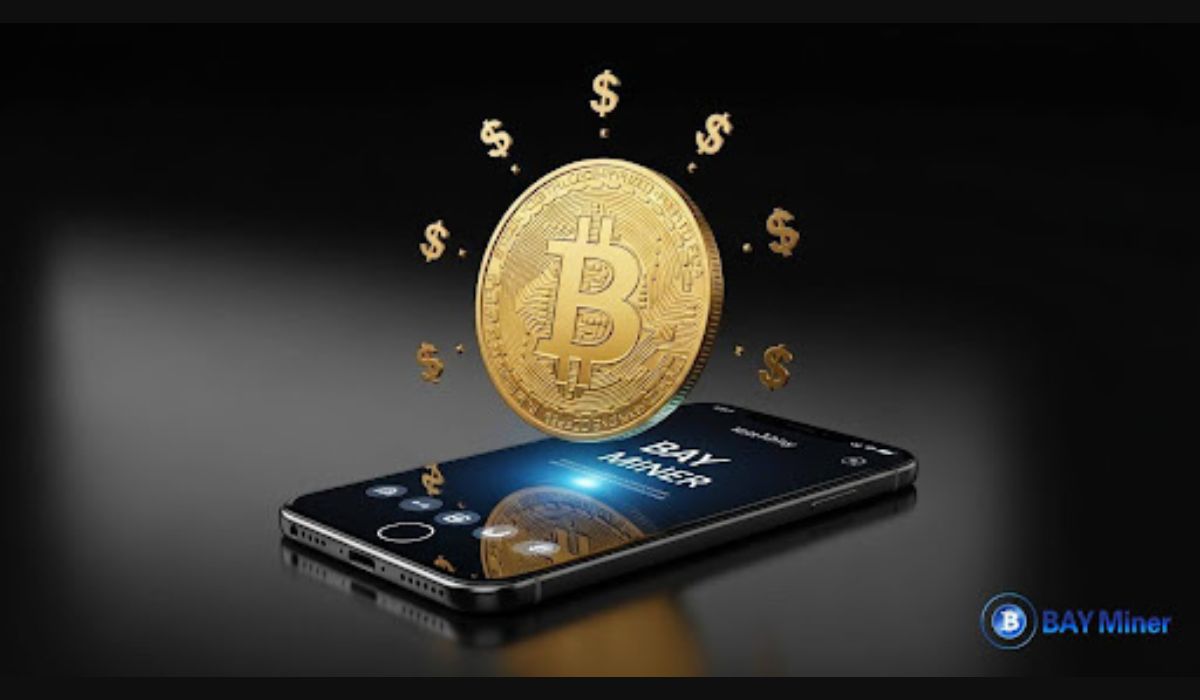
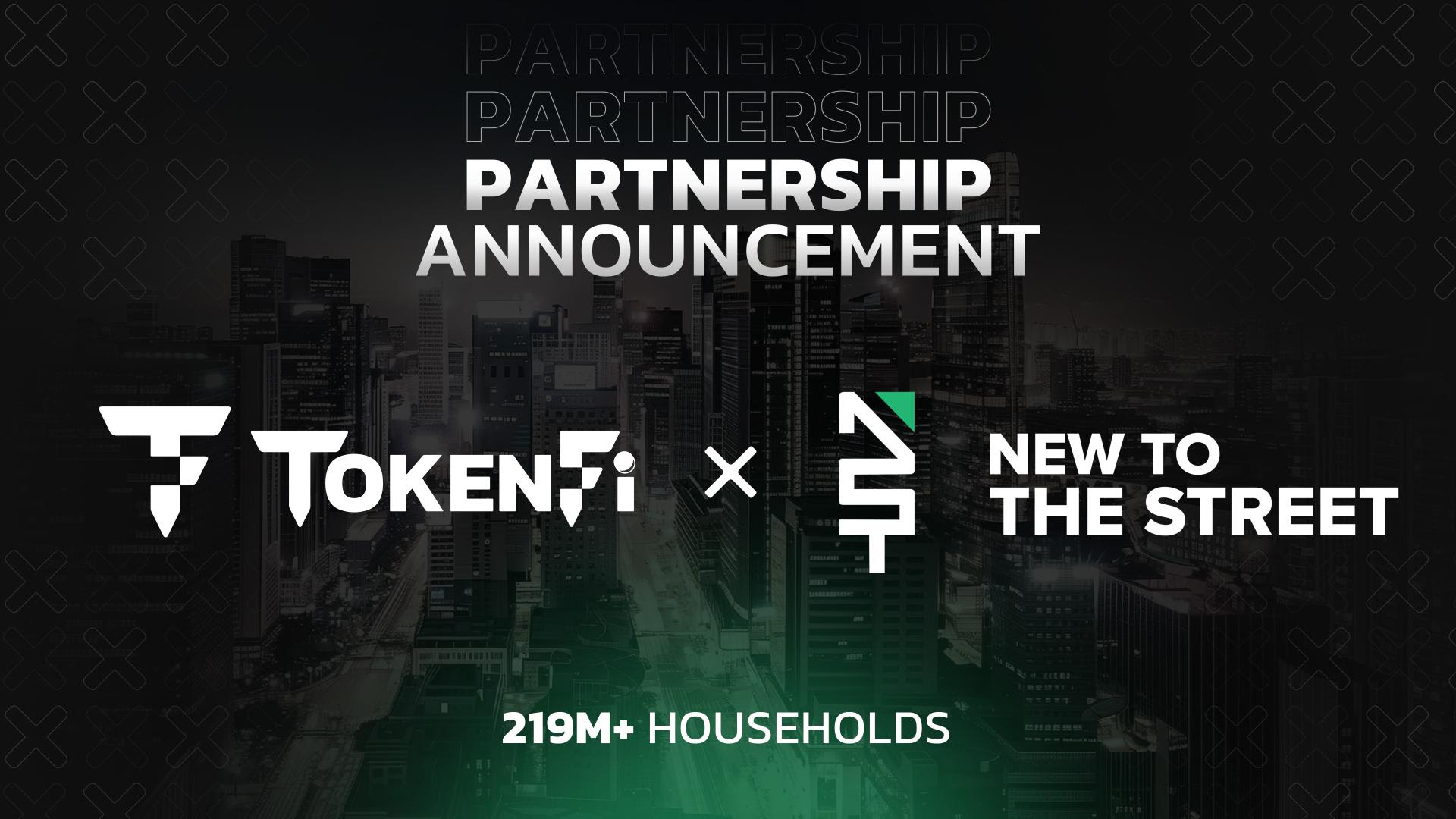



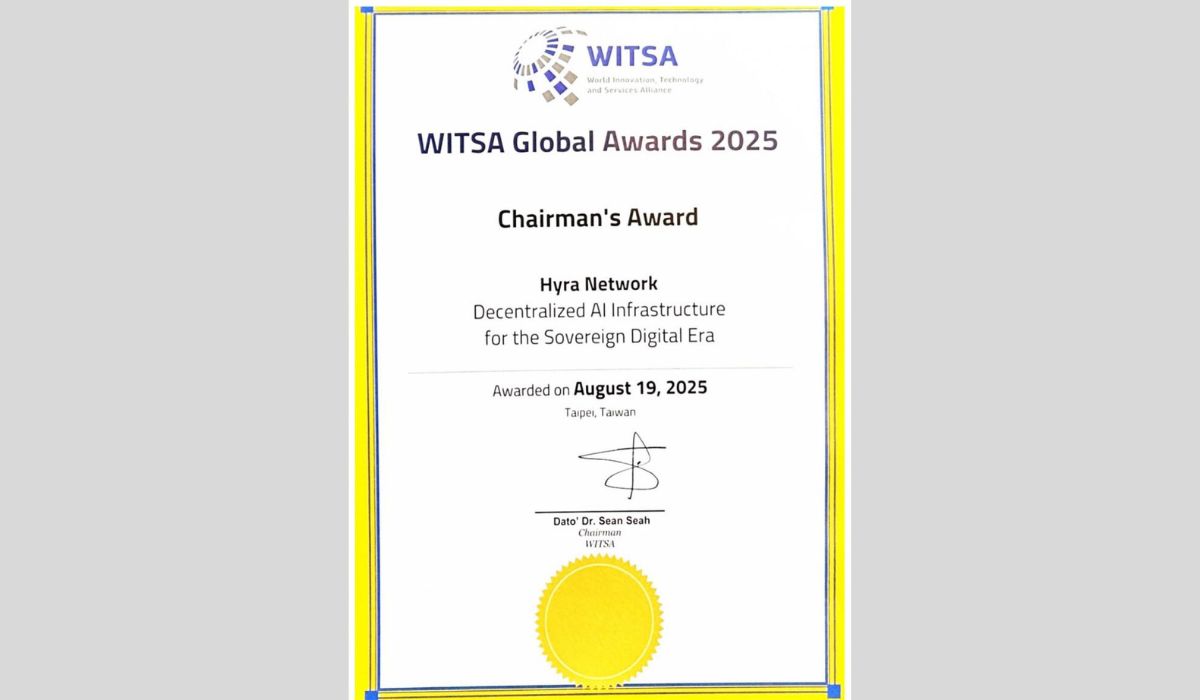







 24h Most Popular
24h Most Popular
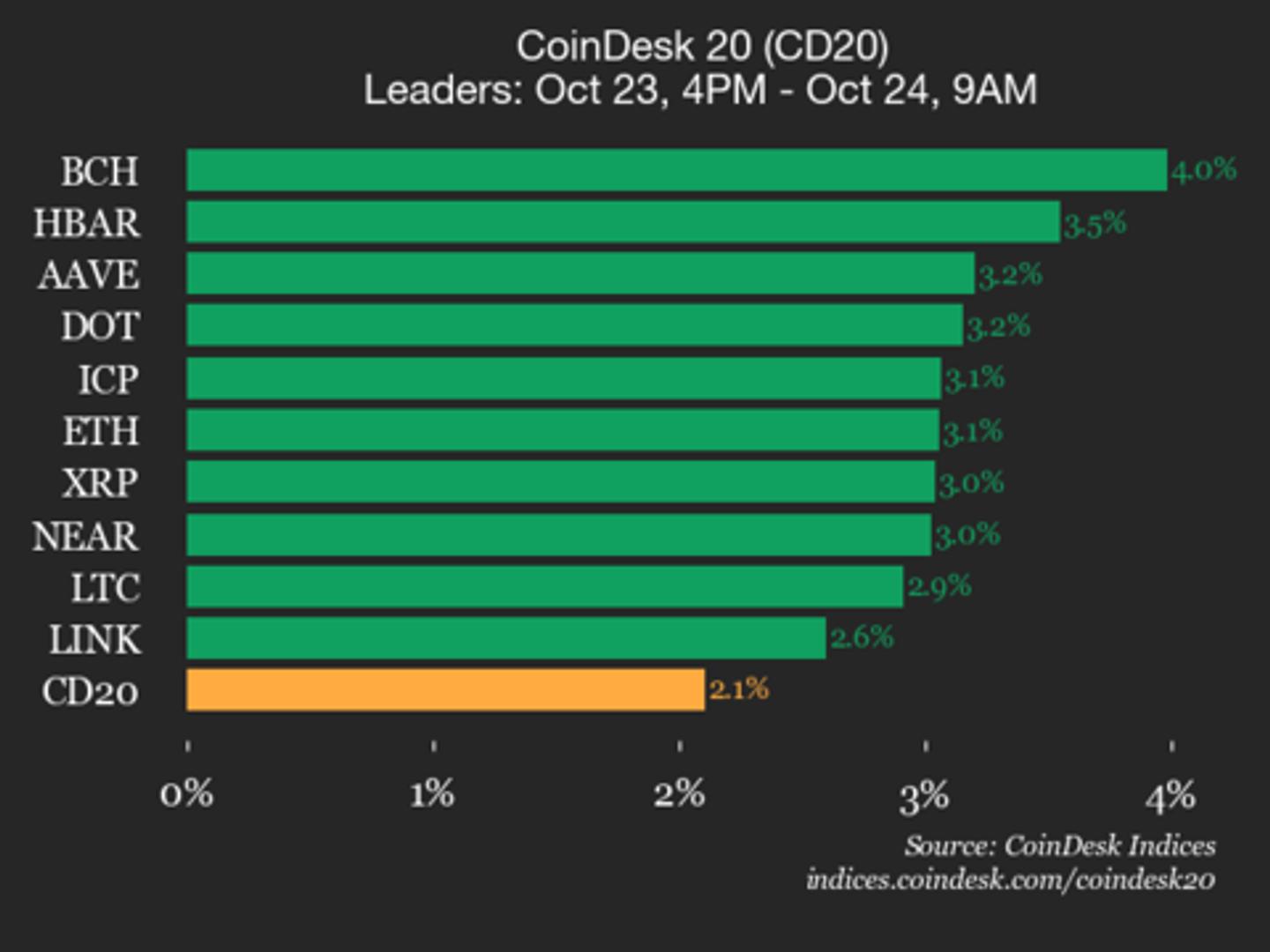
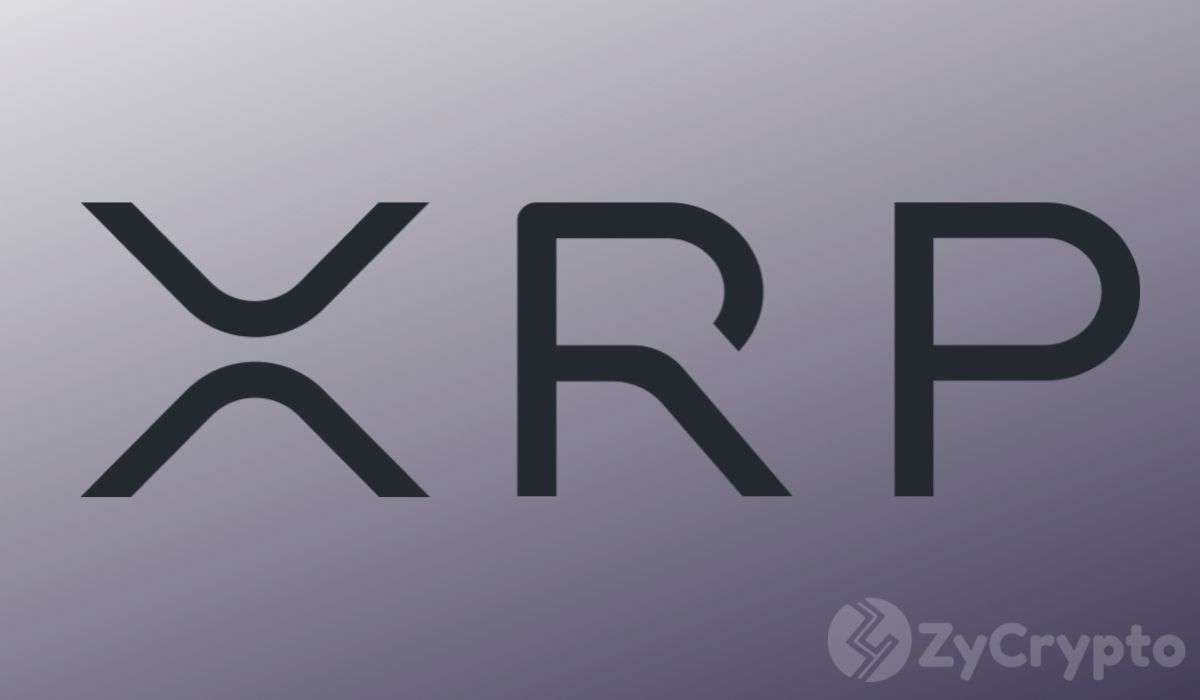





 Utilities
Utilities